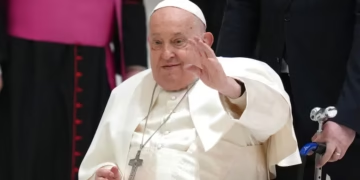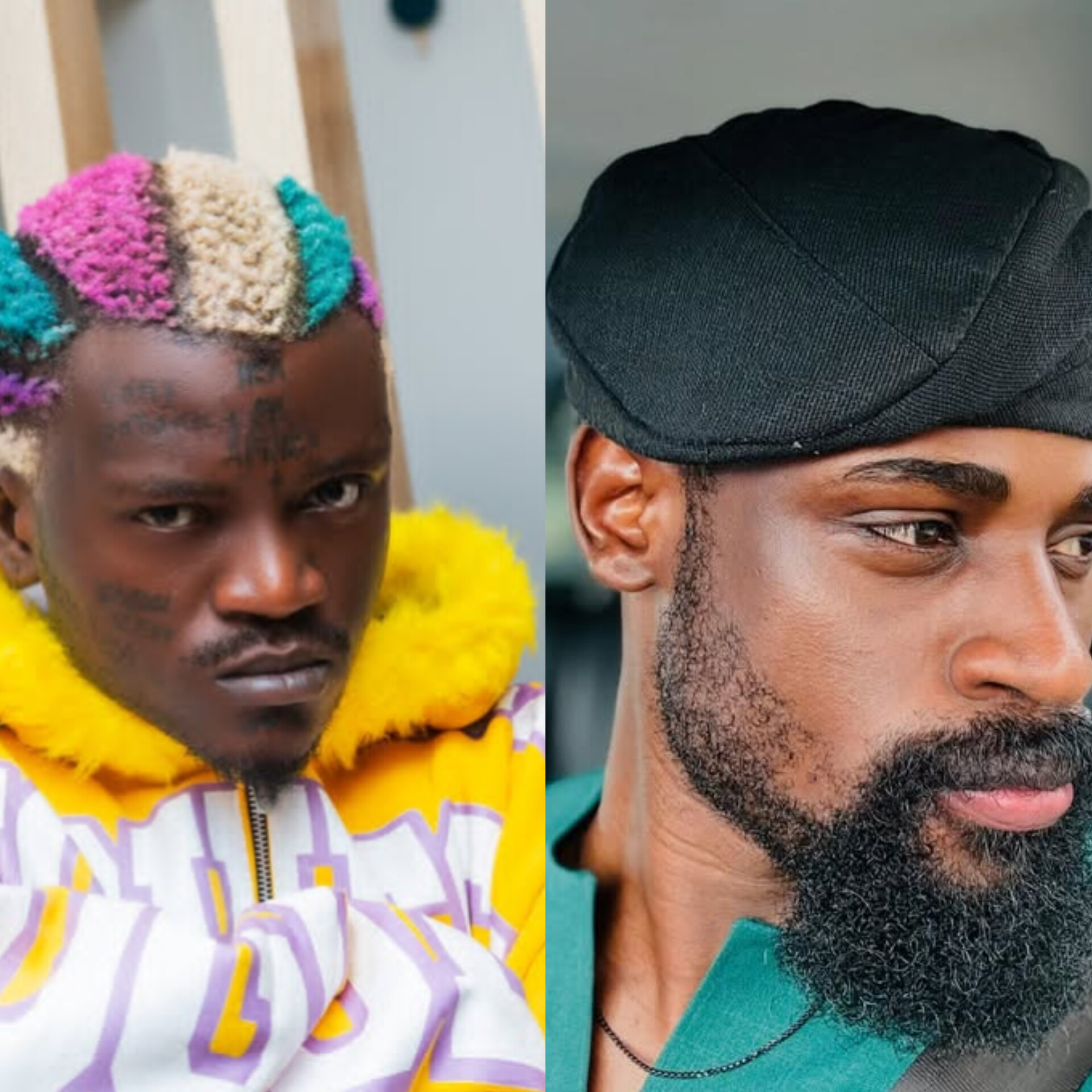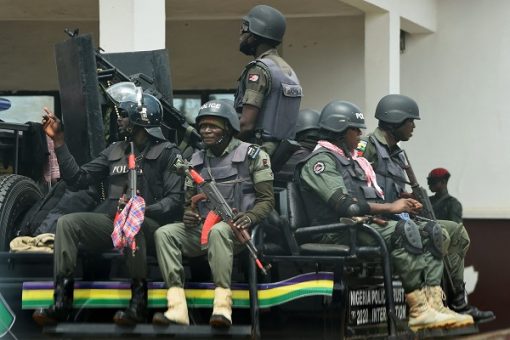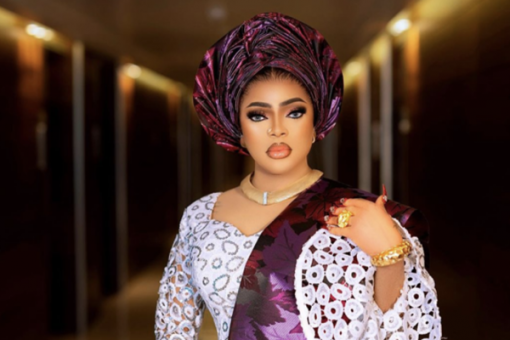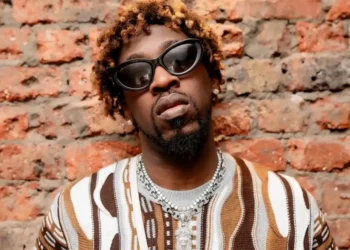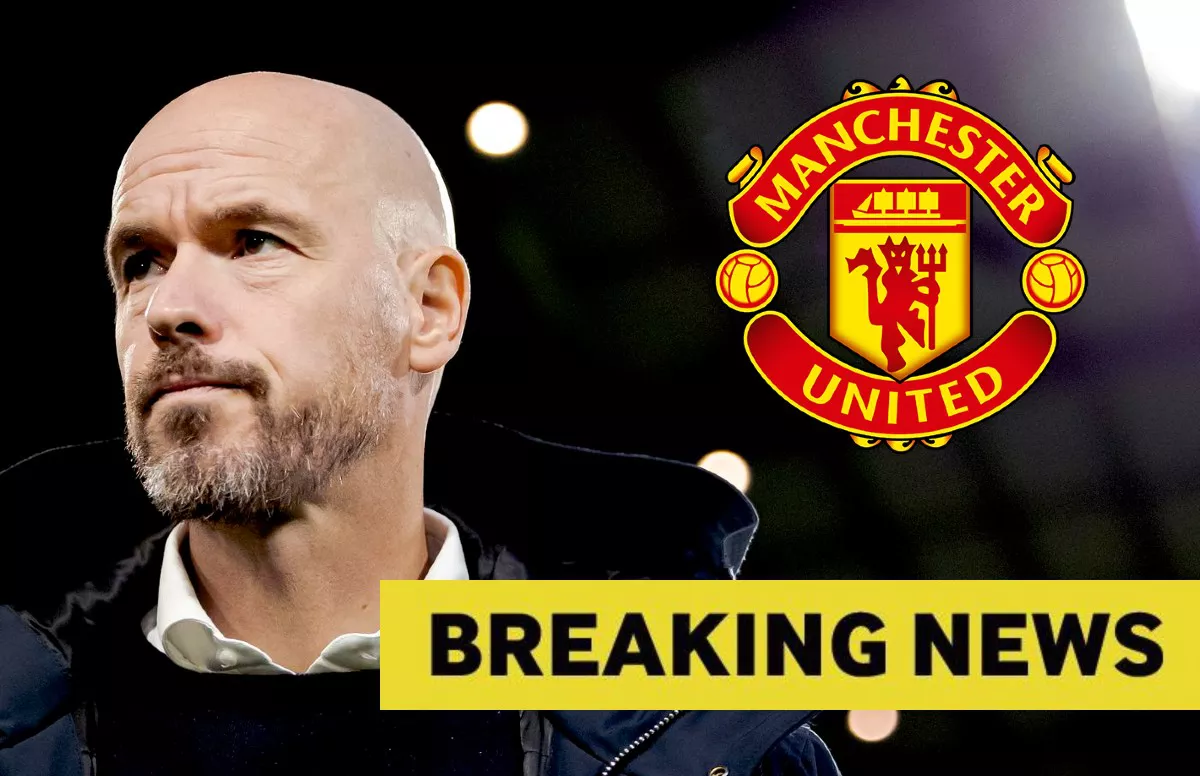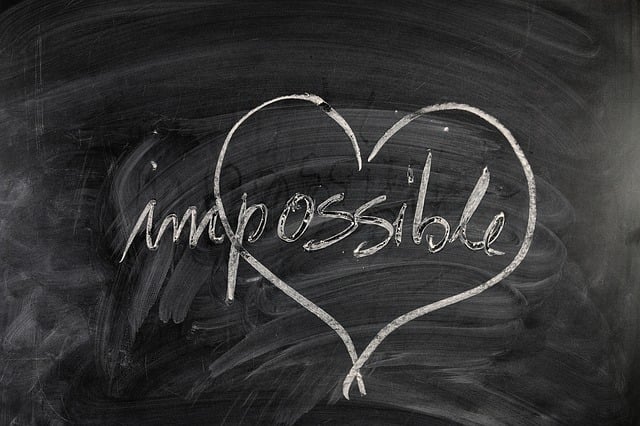By Fasuyi Tolulope Samuel
Nearly two years after facing legal action, the producers of Gangs of Lagos and Amazon Prime have given an update on the issue with the movie.
The producers has formally apologised to the Isale Eko Descendants Union over the film’s controversial depiction of the Isale Eko community and the revered Eyo masquerade.
The controversy began in April 2023 when Gangs of Lagos sparked outrage for portraying assassins disguising themselves under the cover of the Eyo masquerade.
The Isale Eko Descendants Union, backed by the Lagos State government, condemned the portrayal, arguing it misrepresented their cultural heritage. This led to a lawsuit filed at the Lagos High Court.
After prolonged legal proceedings, the dispute was settled in a consent judgment delivered by Justice Idowu Alakija of the Lagos High Court sitting at Tafawa Balewa Square.
The settlement terms mandated an unreserved apology from Amazon Prime and the film’s producers for what the Isale Eko Union described as a wrongful portrayal of their heritage.
Confirming the resolution, Adeniji Kazeem, Senior Advocate of Nigeria (SAN) and Chairman of the Isale-Eko Descendants Union, issued a statement on Wednesday announcing that all parties had reached an agreement.
Read: Craig David Names Afrobeats Female Star He Admires
As part of the settlement, Amazon Web Services Nigeria Limited is required to issue an official letter acknowledging that Gangs of Lagos misrepresented the Isale Eko community and the Eyo masquerade.
Additionally, the film’s producers—including Greoh Limited, Jadesola Osiberu, Kemi Akindoju, and other executive producers—must issue a joint letter formally recognising the Isale Eko Descendants Union’s concerns and offering an official apology.
The lawsuit, marked LD/6903GCM/2023, had accused the filmmakers of portraying Isale Eko as a criminal stronghold and distorting the sacred Eyo masquerade tradition.
The Isale Eko community had insisted that such depictions fueled negative stereotypes about their cultural heritage.
The apology from Amazon Prime and the filmmakers signals the conclusion of a contentious legal dispute that raised critical questions about the ethics of cultural representation in Nigerian cinema.
However, the controversy continues to spark debate, with some arguing that filmmakers should have creative freedom while others insist on the responsibility to portray cultural symbols accurately.



